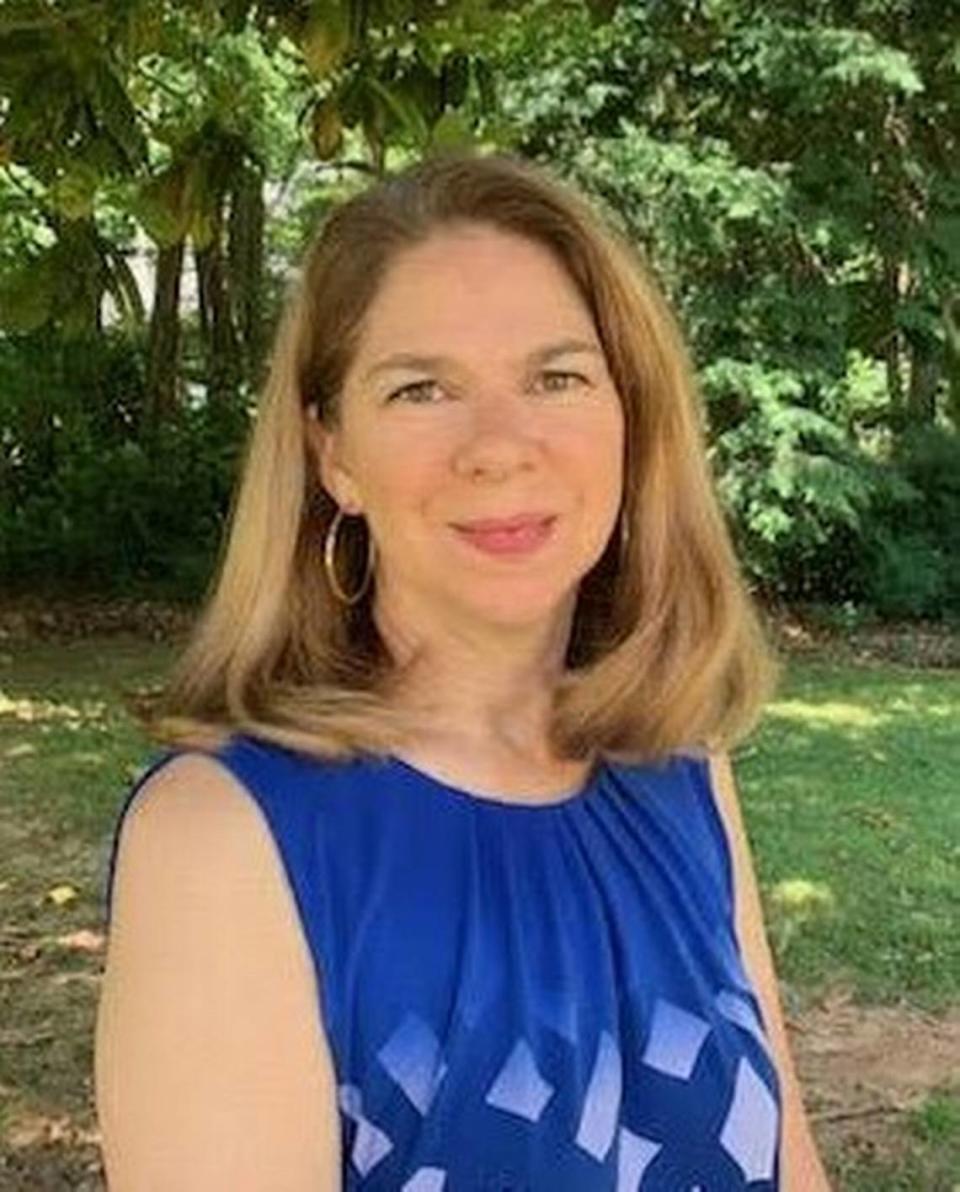This Memorial Day, let’s talk about ways to end the epidemic of veteran suicides | Opinion
For only the third time this century, our country is commemorating Memorial Day without having military troops actively in a large-scale combat deployment. Thank God we are not at war. Yet, the list of deceased service members and veterans whose lives we celebrate on Memorial Day still grows today nearly as fast as it has in any year in the past two decades.
The reason is suicide.
Since 2001, over 120,000 American veterans have died by suicide. That is about 17 times the number of total service members killed in Iraq and Afghanistan.
Over seven in 10 veteran suicides are by gun, and more than 90% of suicide attempts with a gun result in a death. So, unless people are willing to talk about the role that easy access to guns plays in this epidemic, we’re ignoring a large part of the problem.

If we don’t remove access to a gun and a veteran dies by gun suicide, there is no chance to offer them mental health counseling or support to address the underlying cause. Unfortunately, many people simply aren’t aware of tools at their disposal to help a loved one in crisis.
But that’s changing.
A new innovative framework developed by Everytown for Gun Safety empowers friends and family members with actionable methods of separating a veteran in crisis from firearms.
The military uses a concept called the “continuum of force” which prescribes the appropriate level of physical or deadly force based on the severity of the situation. Applying similar logic to gun suicide gives us the “continuum of intervention” — a range of potential interventions for a veteran in crisis, meant to be applied as necessary. It helps people find the solution that works best for the circumstances they or a loved one are in to prevent a dangerous situation from becoming deadly.
The first option is secure in-home storage. That means that a firearm is stored unloaded, locked, and separate from ammunition, using anything from cable locks to biometric safes. Secure storage can prevent or delay access to a firearm and save a life.
The second option on the continuum is called “Give the Keys.” Just as one might take the car keys from a friend who has had too much to drink, the keys to a gun lock or gun safe can be handed over to a friend. Using this intervention, the gun owner maintains possession of the gun without the ability to access it.
The third option is out-of-home storage. Depending on state law, this can be as simple as asking a friend to store a gun in their home. Some states offer maps that show places, such as gun shops, where someone can voluntarily and temporarily store a firearm.
The fourth option is voluntary self-prohibition. Available in a small but growing number of states, an individual can ask to be put onto a list that will restrict their ability to purchase a firearm from a federally licensed firearms dealer.
Finally, the fifth option is an extreme risk protection order, or red flag law, which often applies to more severe circumstances. These laws exist in 19 states and Washington D.C. — and soon to be more. In most instances, family members petition law enforcement to remove a firearm from a person who is a danger to themself, using due process to ensure the gun is lawfully removed and only held temporarily.
This continuum provides options. It integrates both social and legal solutions. It respects the rights of gun owners, while doing enough to save lives.
Perhaps most crucially, when firearms are removed from the equation, there is time and space to provide the services that will improve mental well-being and reduce the likelihood of suicide.
So, if you are concerned that someone is at risk of attempting suicide, first ask: “Do they have access to a gun?” Then, use the continuum to determine which option or options you could take to keep your loved one safe.
Put together and executed faithfully, this might allow our country to someday enjoy a Memorial Day during peacetime with some true semblance of peace.
Shannon Klug is a retired Air Force Colonel and expert on safe firearms storage. She lives in Matthews and is a member of the Everytown Veteran Advisory Council.

